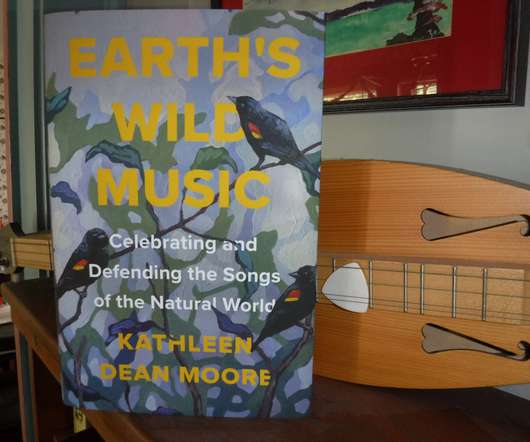J. J. C. Smart on the Moral Elite
Animal Ethics
DECEMBER 28, 2010
Let us think of the more moral members of society as a moral elite, much as the generality of scientists form a scientific elite. I hope I do not need to stress that such a moral elite must not be confused with a social or intellectual elite. I am myself not so heroic. I eat eggs though they may come from battery hens.














Let's personalize your content